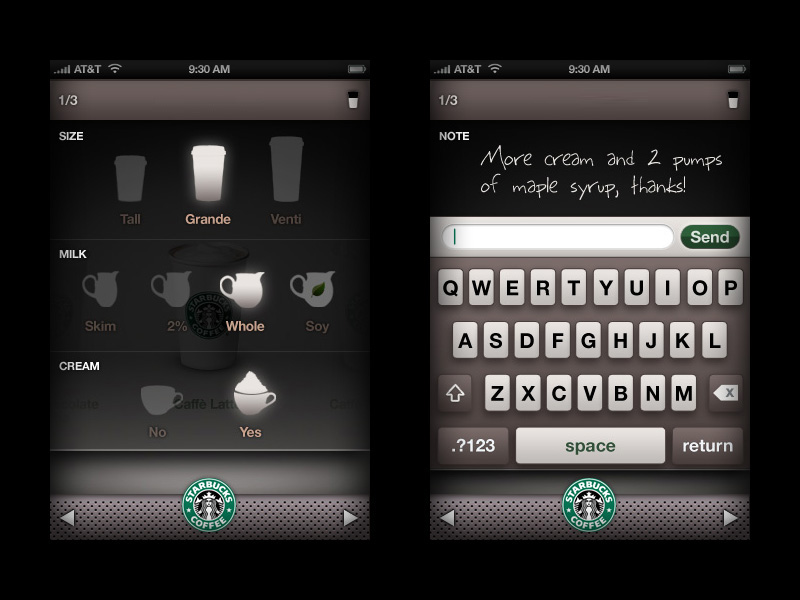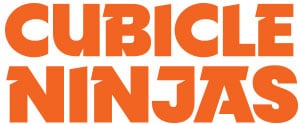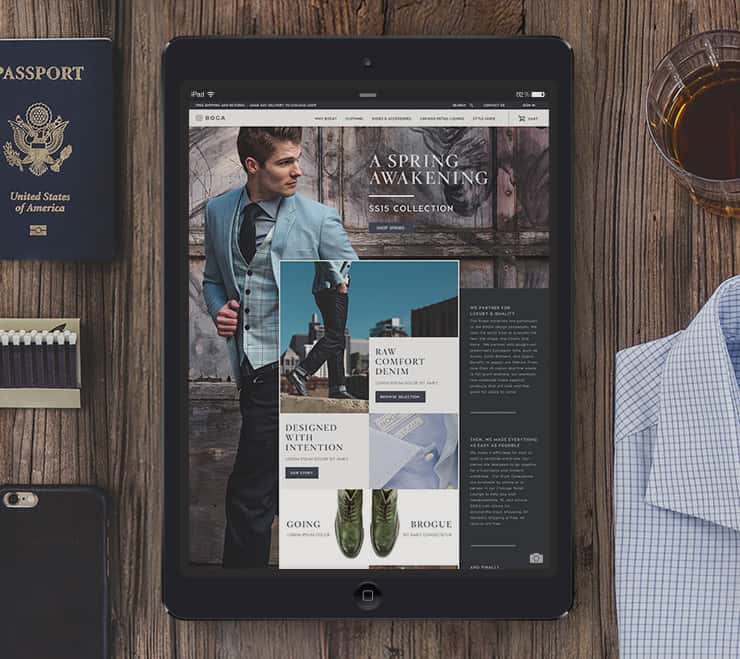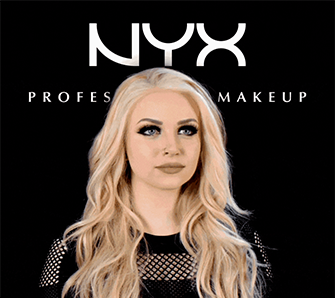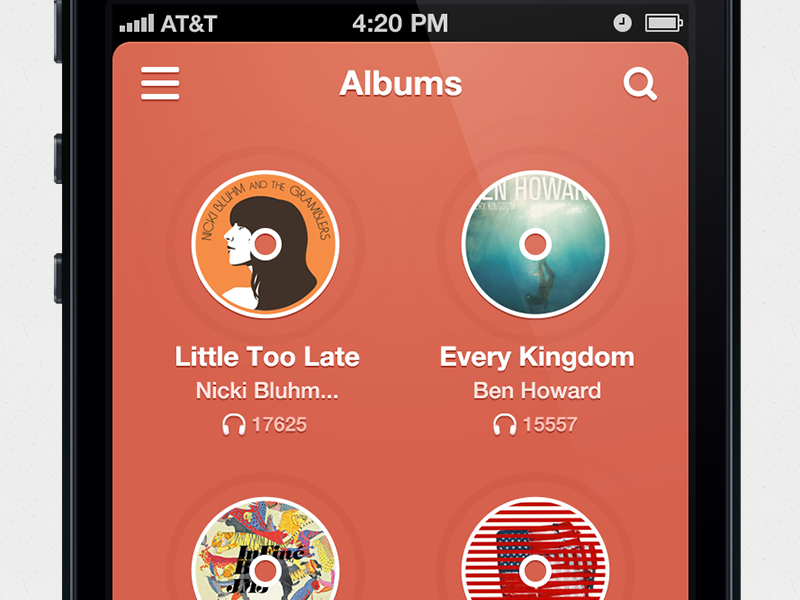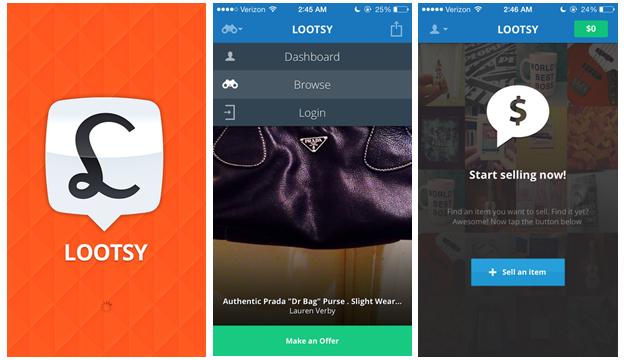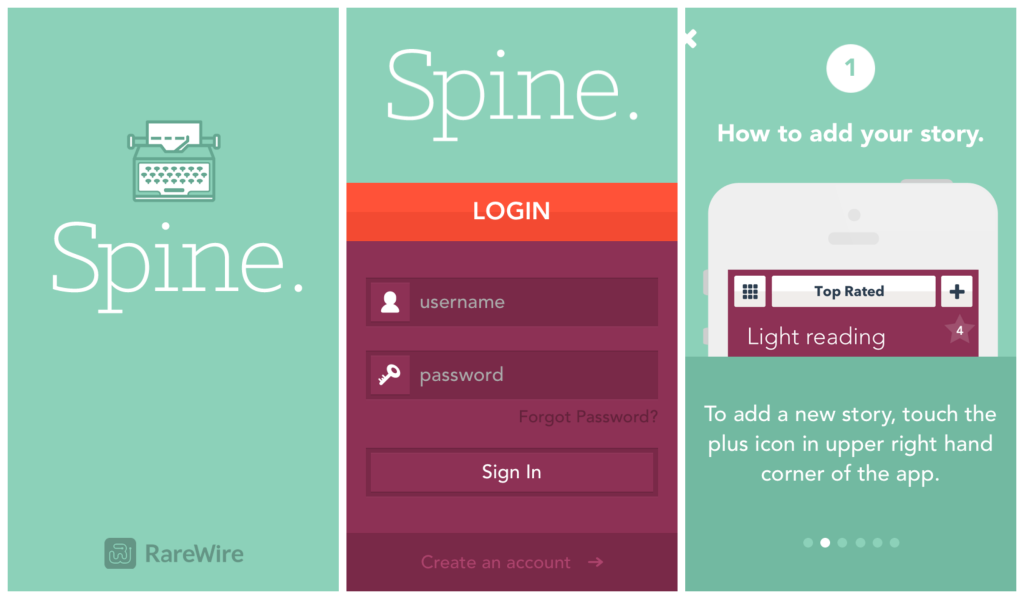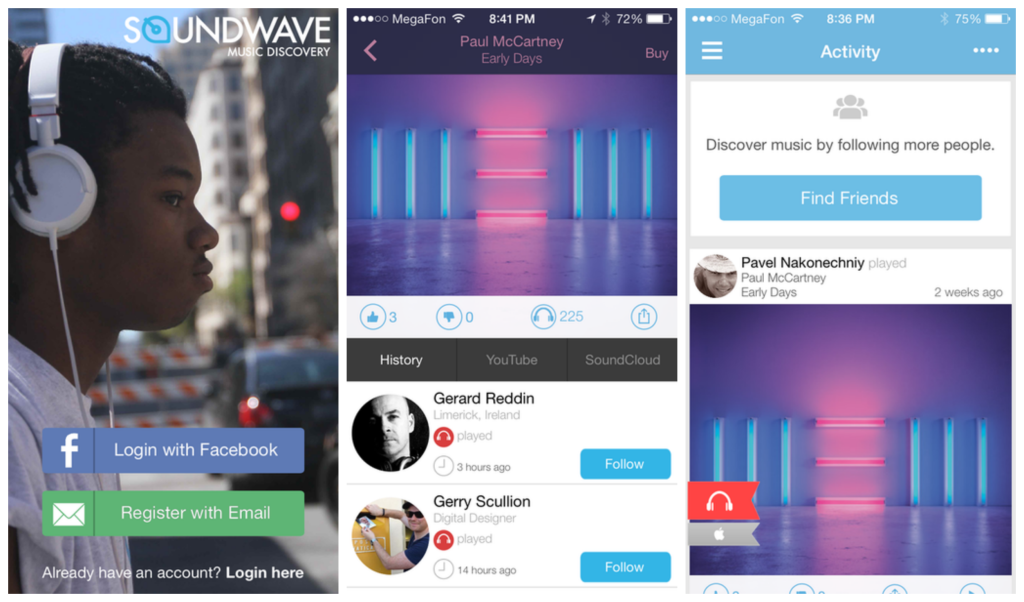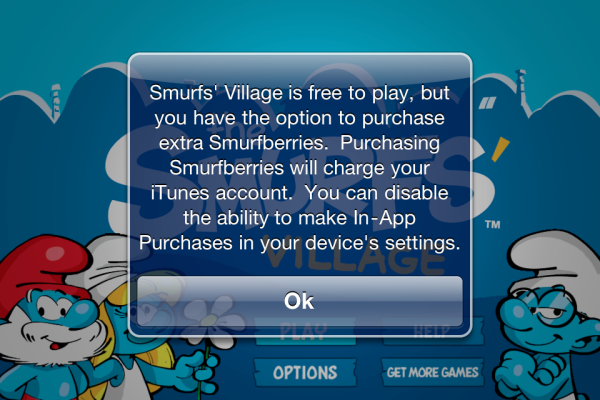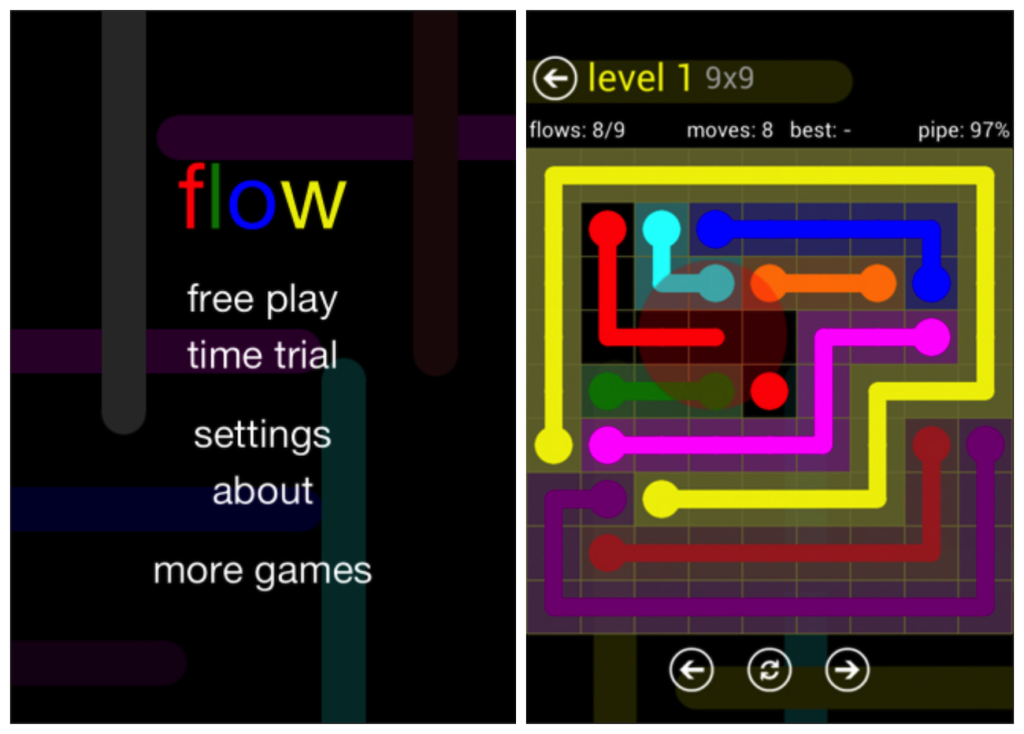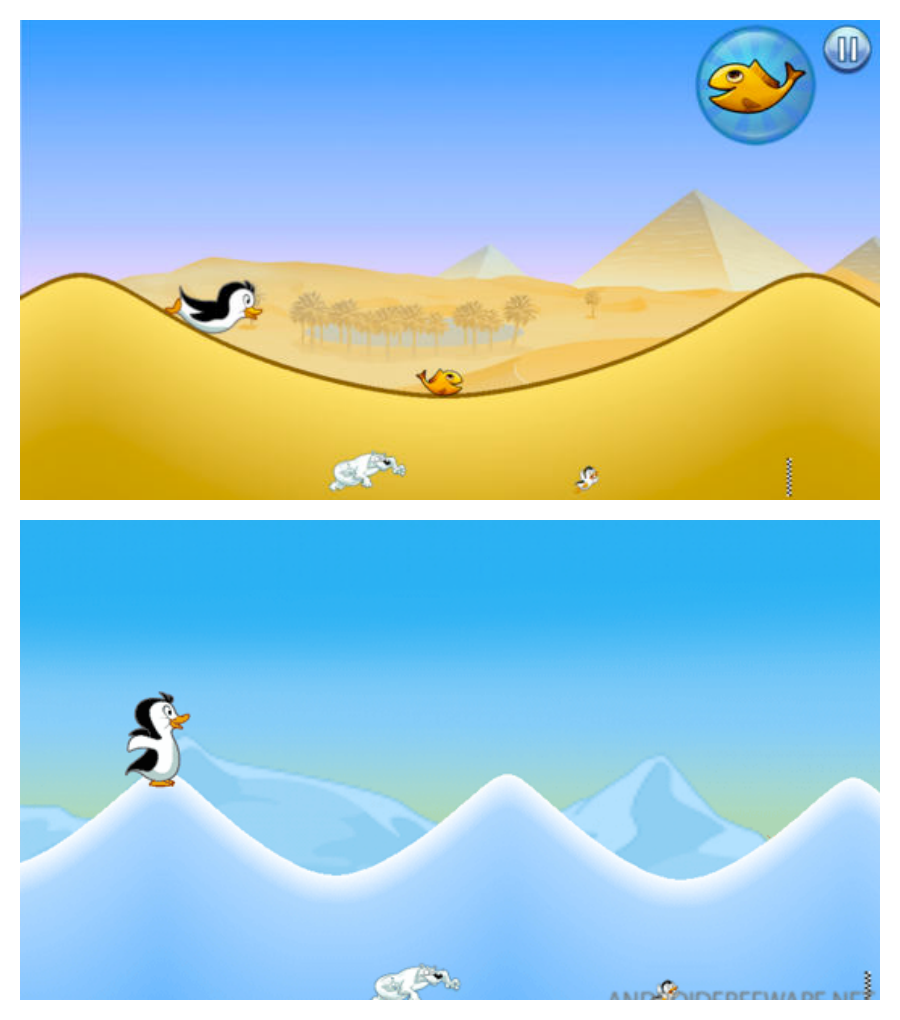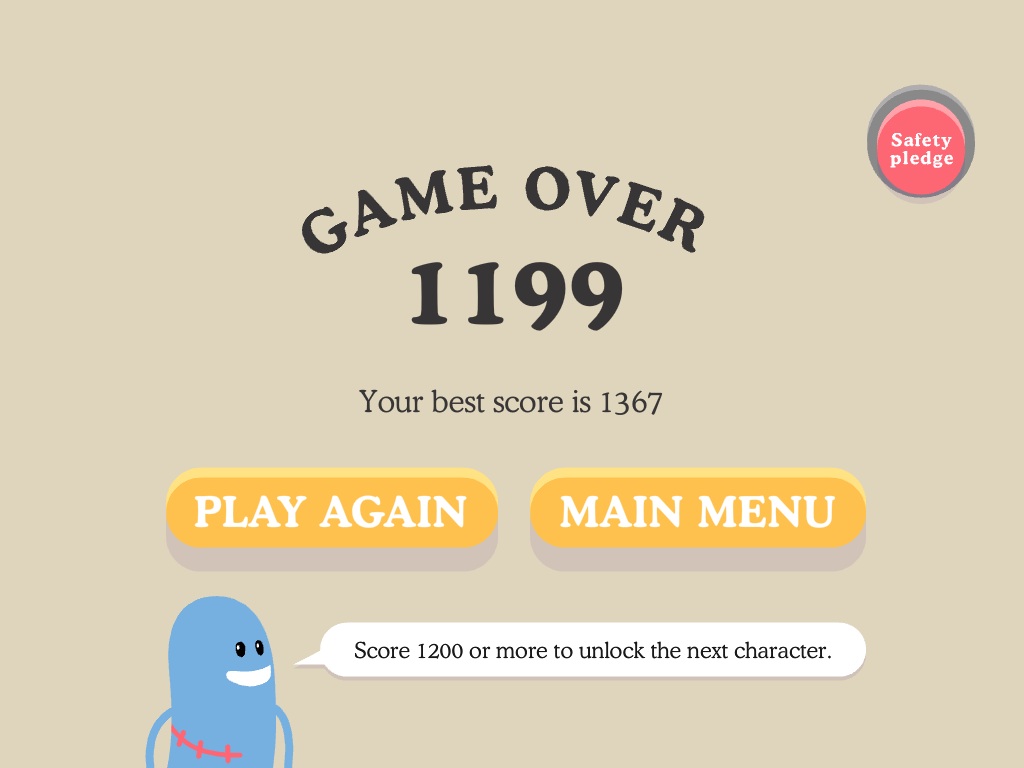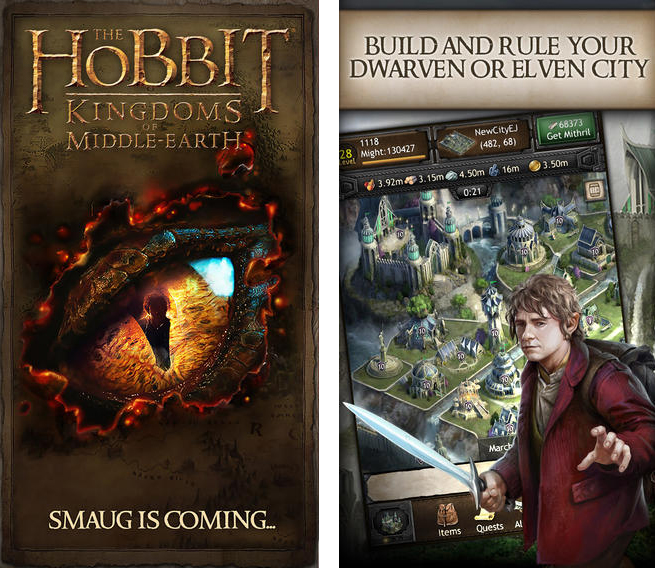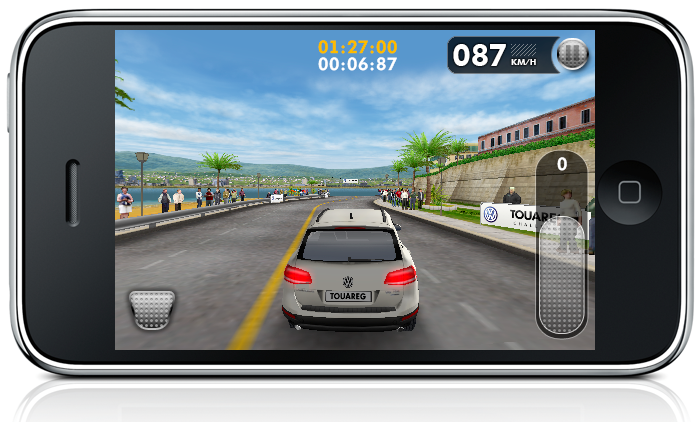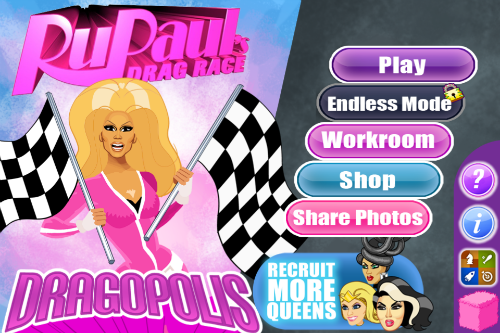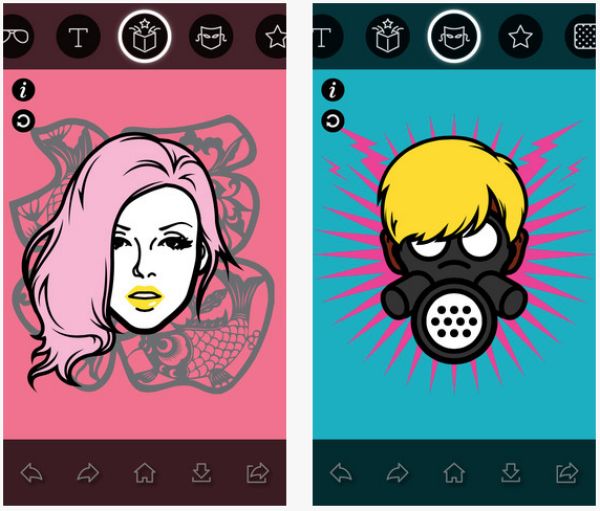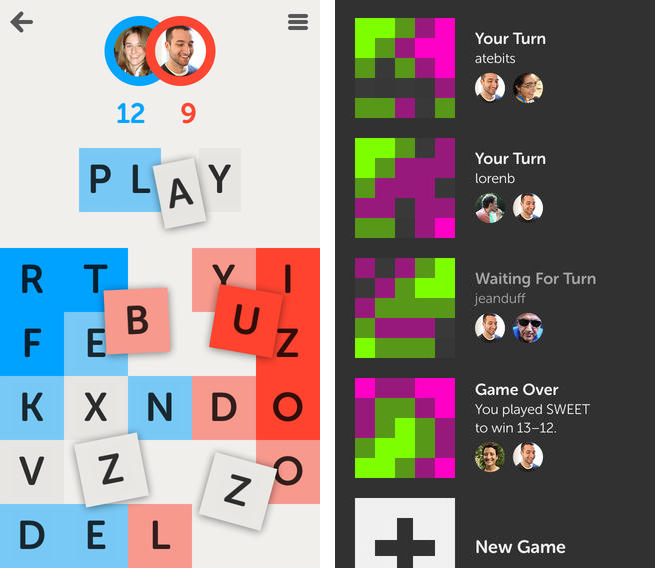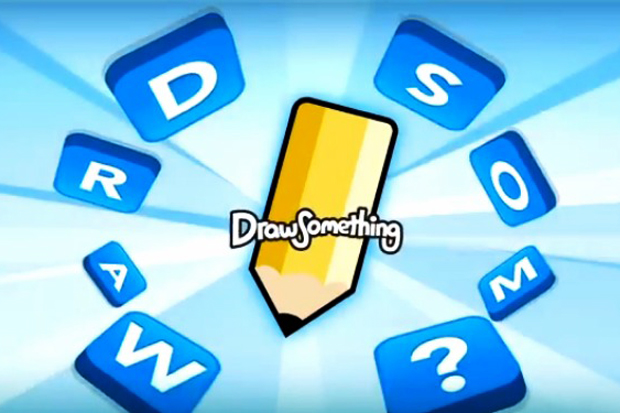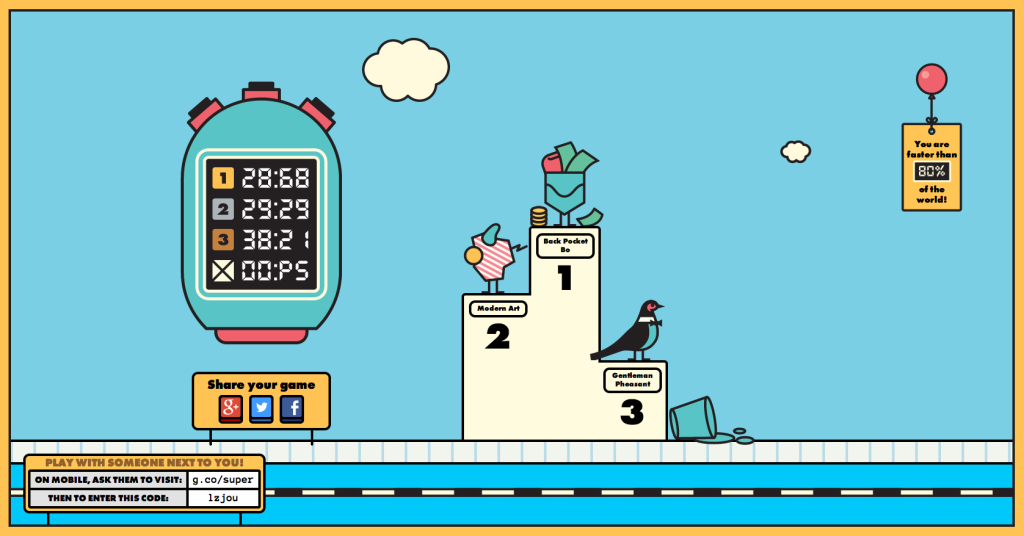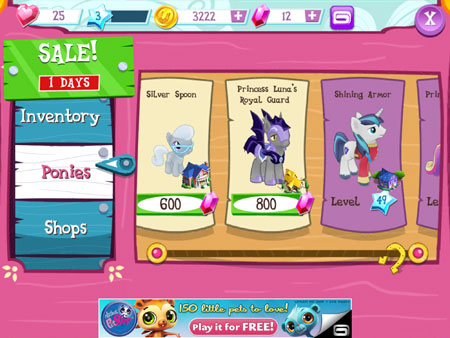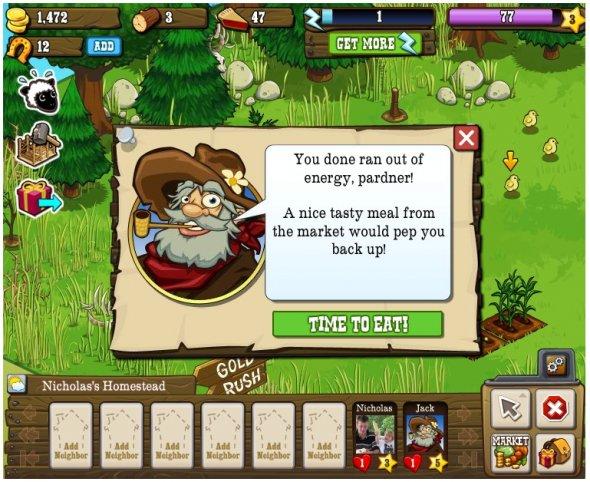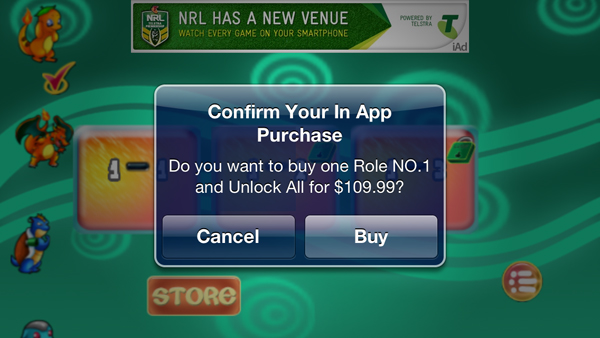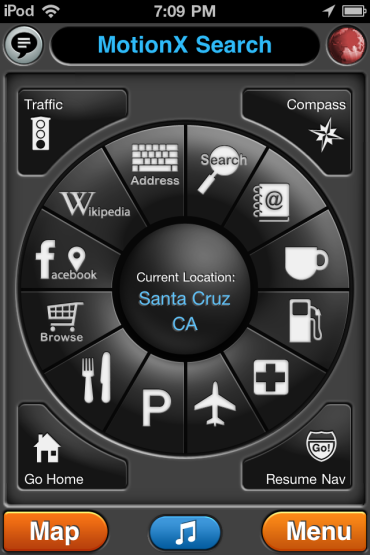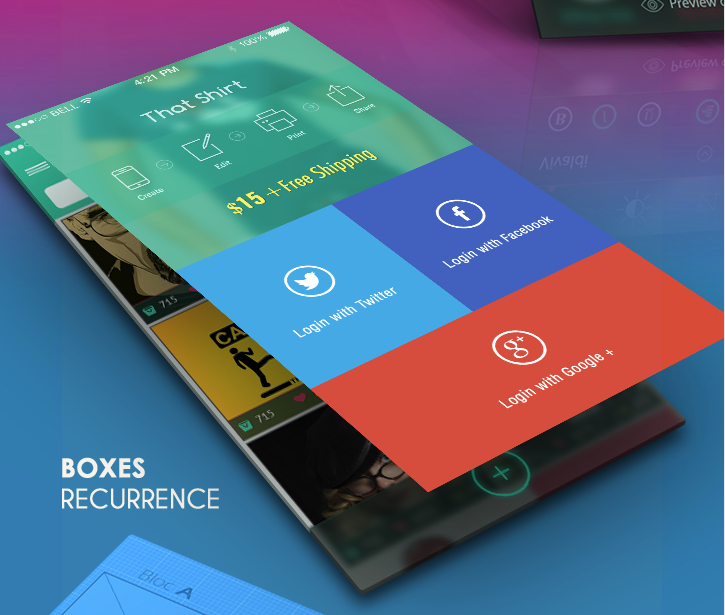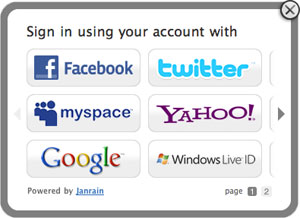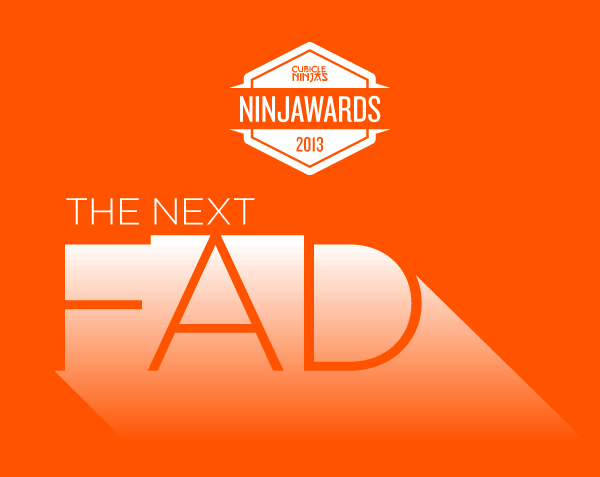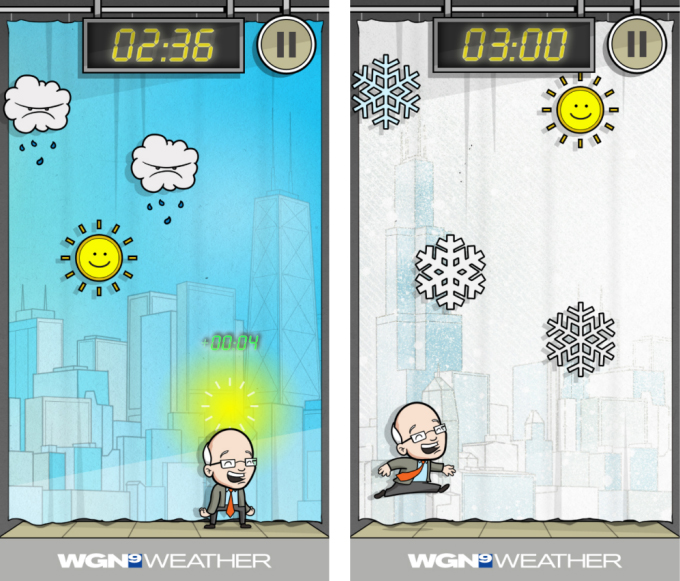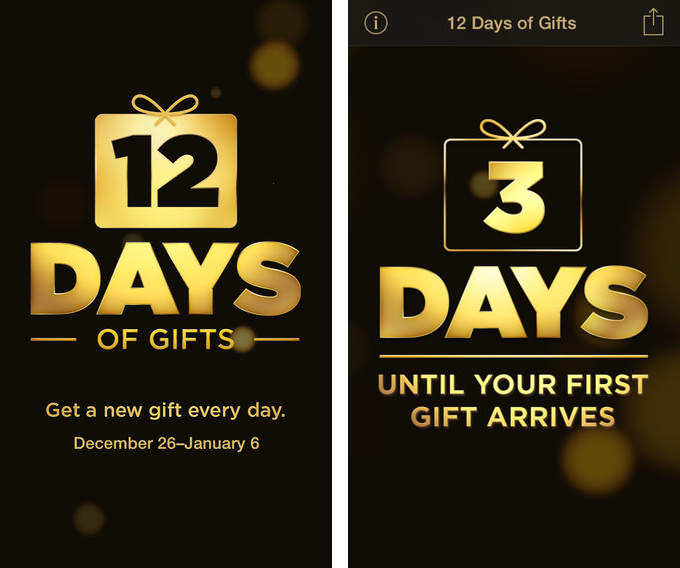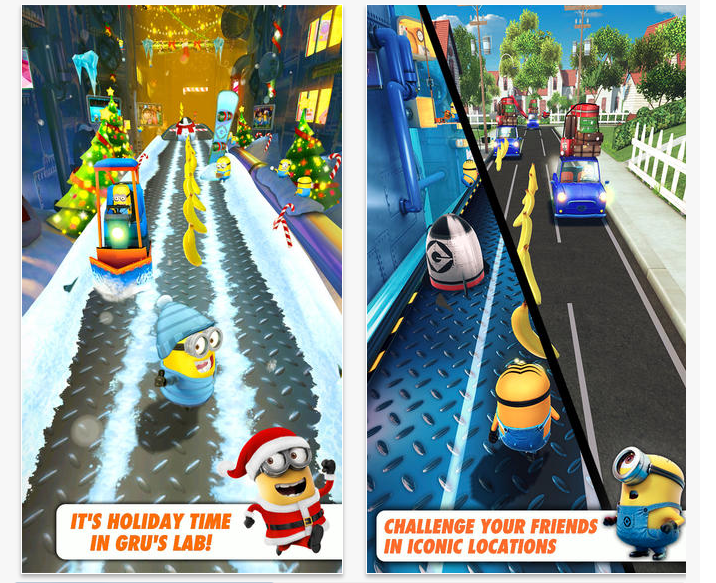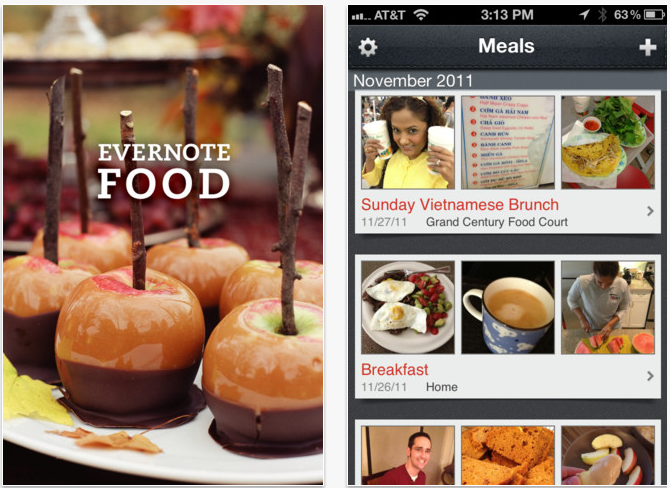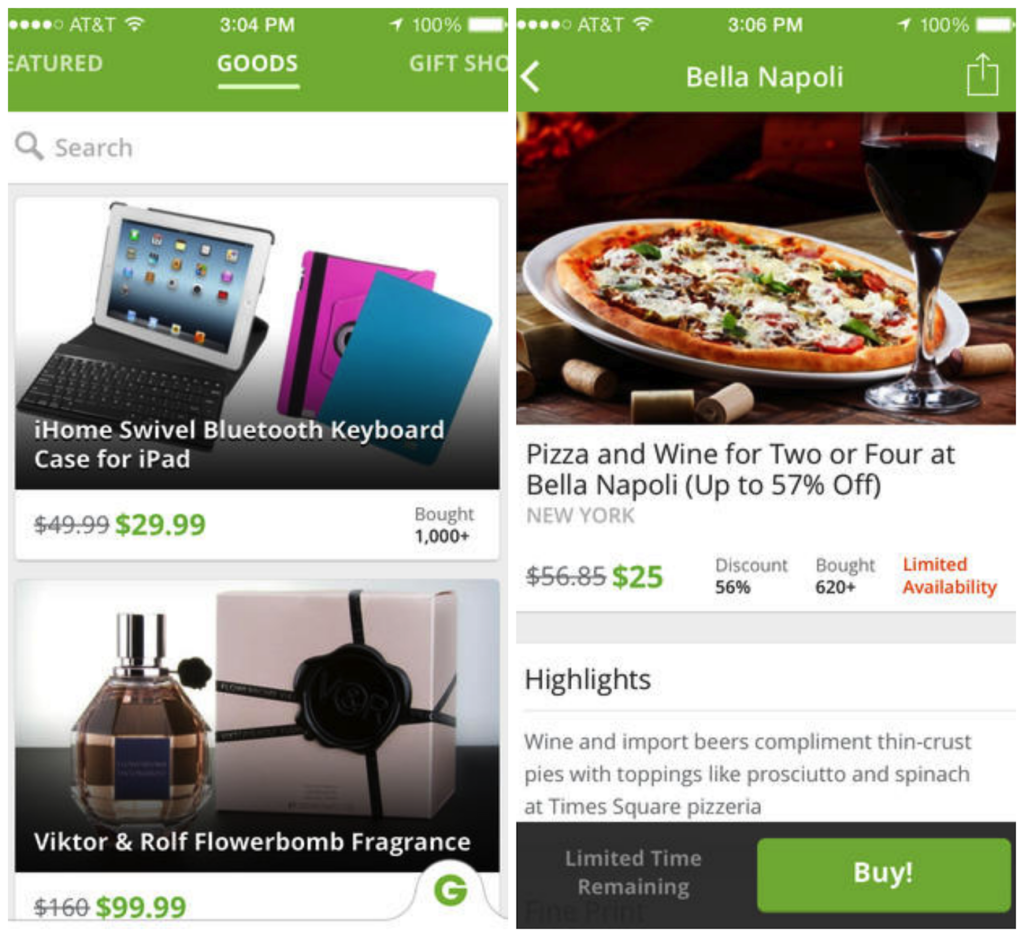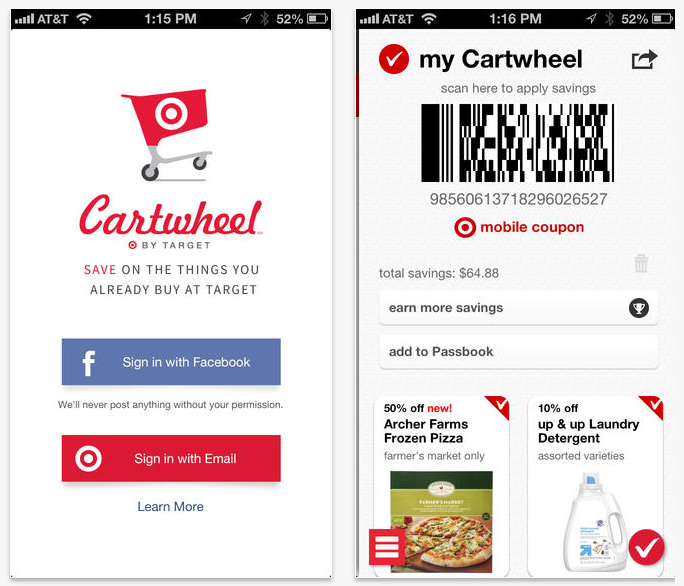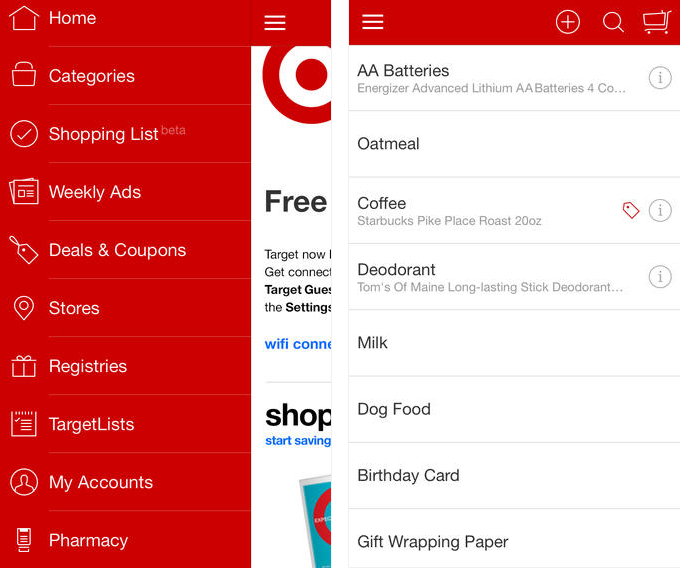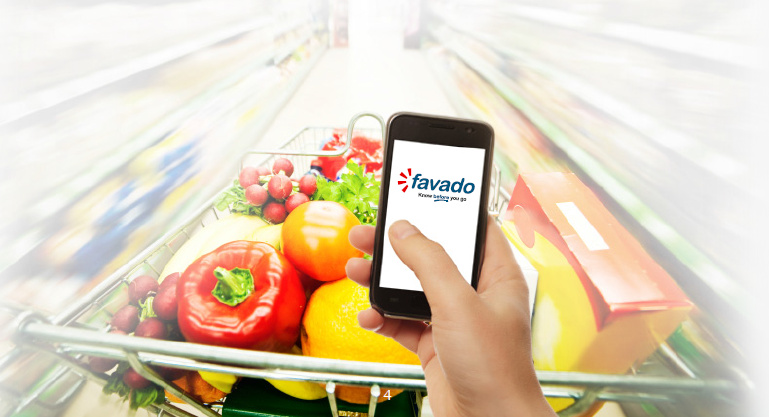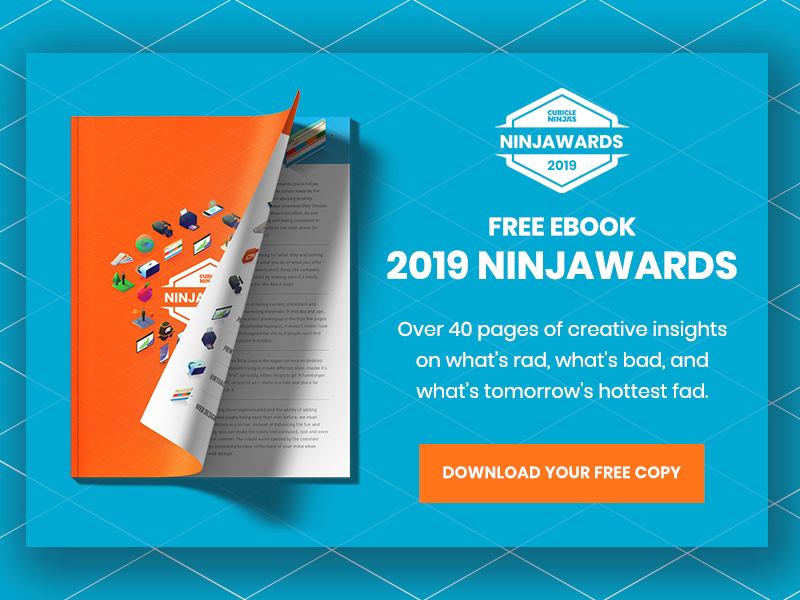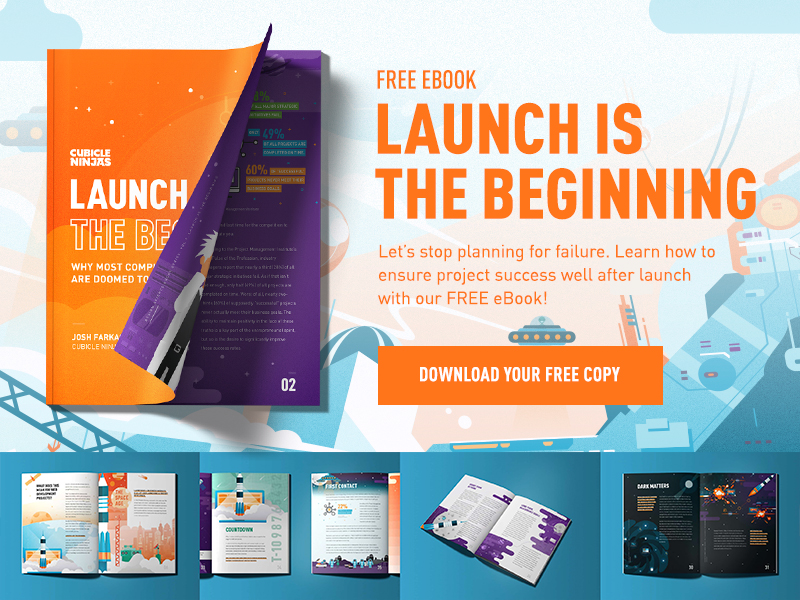
Rad, Bad, And The Next Fad – 2014 App Design Trend
So far we’ve covered the latest trends in web design and branding. Now let’s take a look at what’s hot in app design!
There’s a lot to keep in mind when designing an app. App design must be user-friendly, beautiful, fast, and extremely useful for the end user. All it takes is one user interface mistake and an app can lose it’s reputation faster than it took to download.
So what does it take to design a great app? Here are a few tips at what’s currently rad, bad, and the next fad in apps.
Flat UI
Flat UI design provides not only a streamlined interface, but often a less cluttered user experience. By keeping it simple, focused, and clean your users don’t have to dig to find out what makes your app excel.
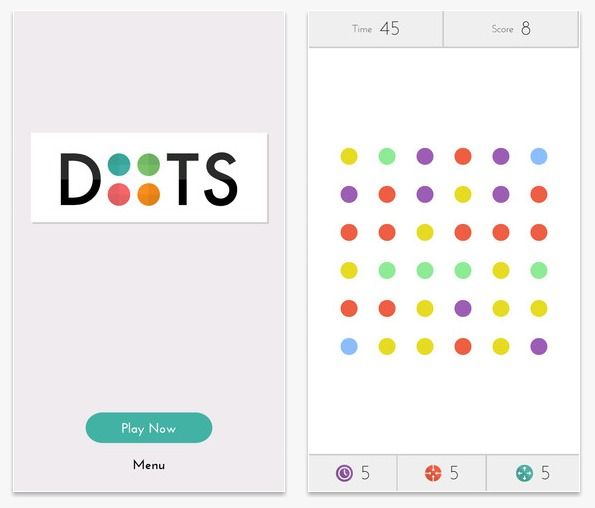

Free to Play
Some game apps are always free, and some have a “free to play” version available. Free to play is a no risk way to get a taste of an game or app experience.
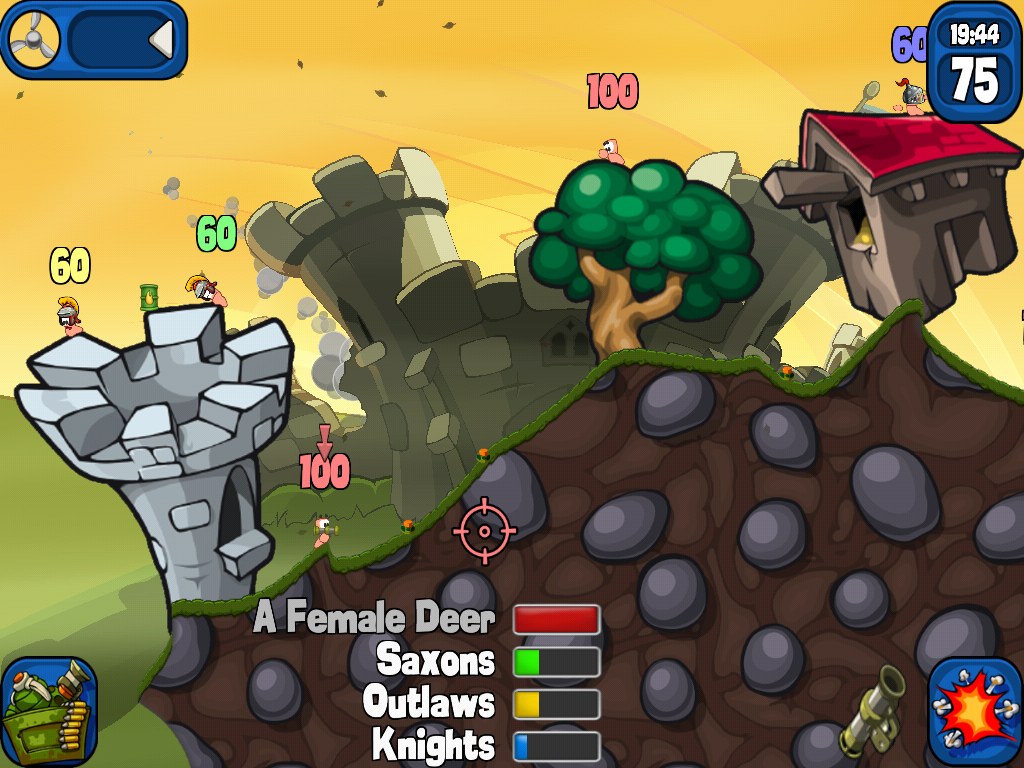

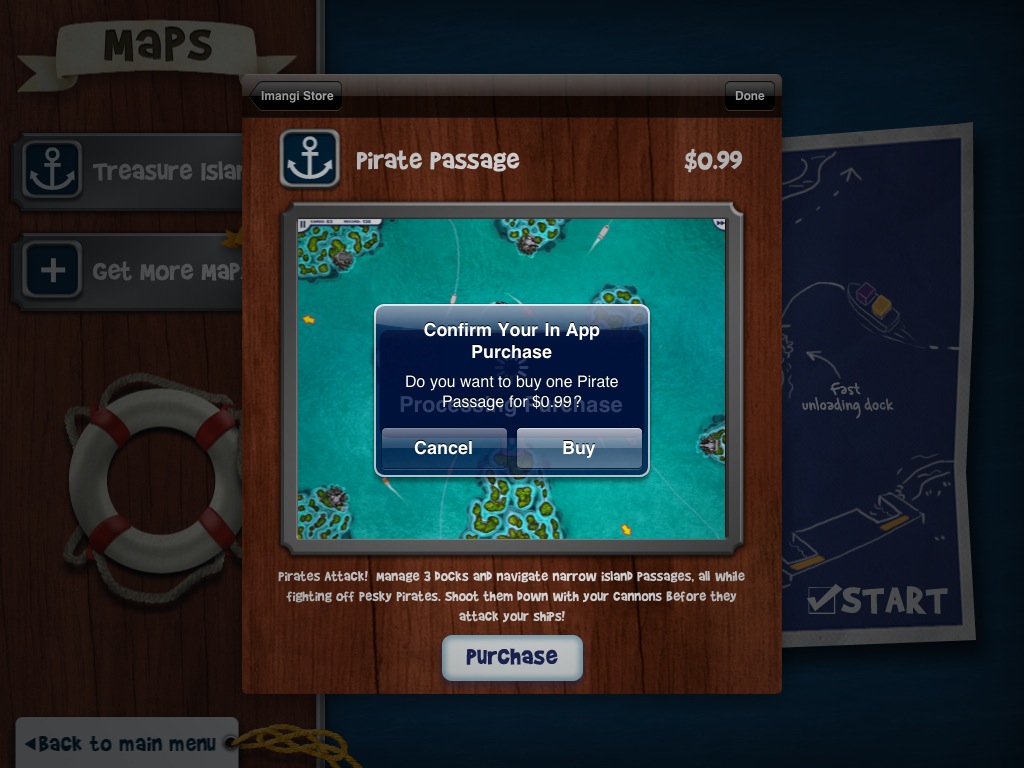
Marketing / Promotion Games
Developing an fun app to bring awareness to a cause, event, product, or service is a growing trend that we’d love to see more of. These apps blur the line between advertising and entertainment, providing a unique reason for users to learn more.
Metro Trains, designed a game app to help spread awareness of railway safety. Dumb Ways to Die is a simple and fun game based around a public announcement. But other brands and services have also taken advantage of apps to promote other types of campaigns.
Social Network Integration
Social network integration helps interested users spread the word. When friends post their app activity on social media, it can work as free advertising. The secret behind this is to give the user an incentive to share online. If it’s just a high score, that might not cut it. The feature must be fun and entertaining to share.
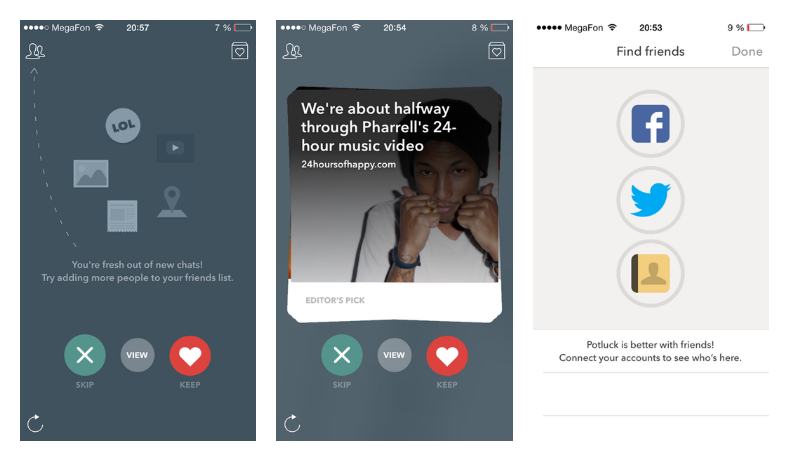
Asynchronous Play
Asynchronous gaming between friends is just plain fun. You don’t necessarily need to play in real-time, because when a friend completes a round, you can play your turn next time you open the app. These types of experiences play best with the bite size nature of mobile.
Transactions Required to Progress
Games that require a paid transaction to progress often frustrate users as much as delight. Yeah the game might be fun, but be careful not to make a game impossible unless you pay. Paid transactions are used best when they empower a user with added features or to save precious time.
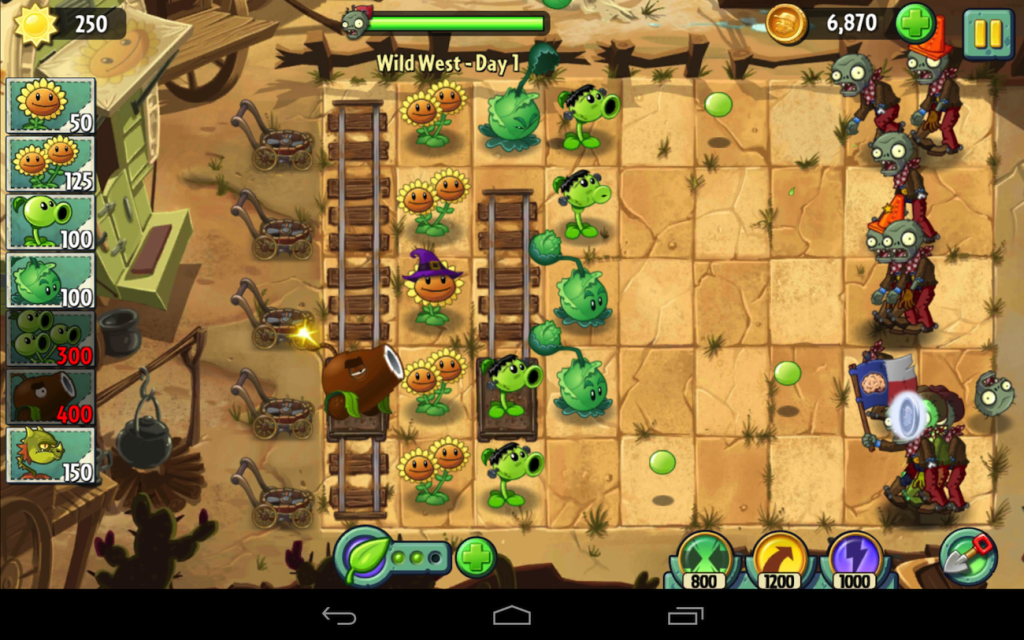
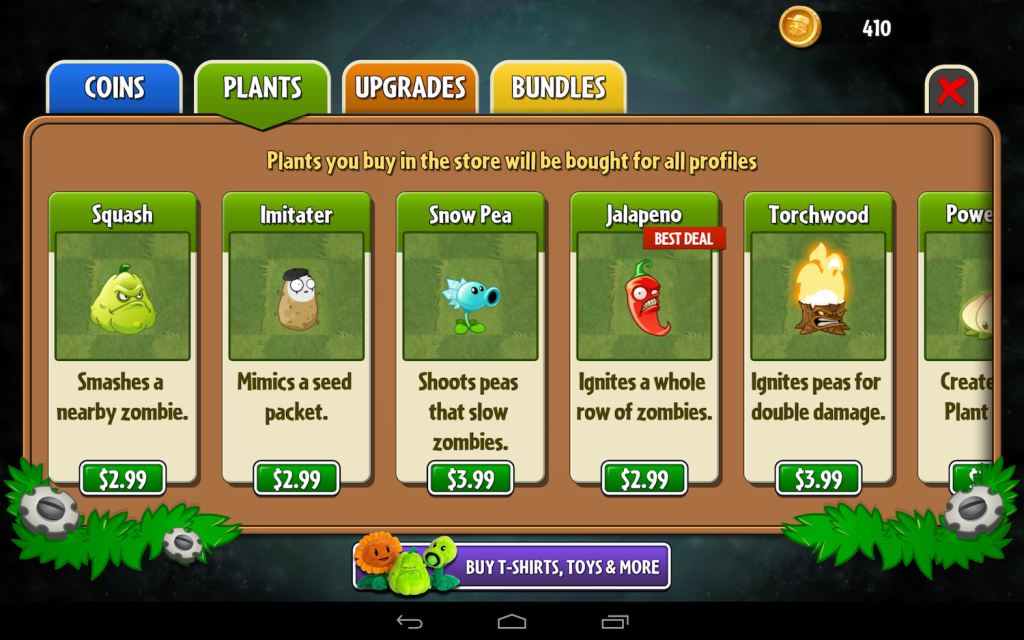
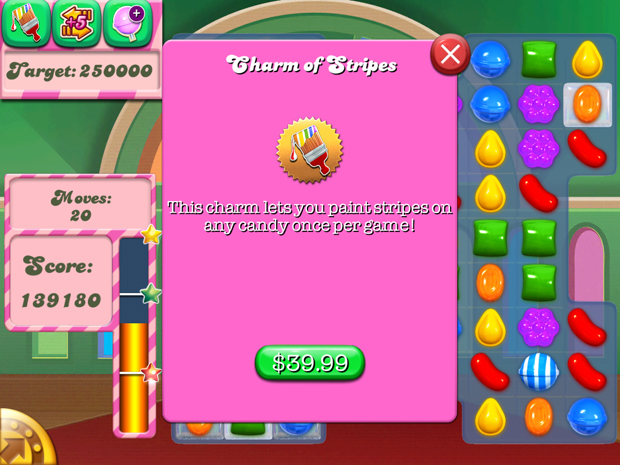
Too Many Features
Most apps are meant to make a person’s life easier. When an app has too many features, especially productive and tool apps, they fail to execute what they are meant to do in the first place.
Draw Something was a popular asynchronous game and free to play. However, Draw Something 2 came out with all new features and it made the game less fun. More is not always a good thing:
“The new package is something of a disorganized mess that doesn’t appear to really know whether it wants to be a game or a mobile-social network.” – Inside Social Games
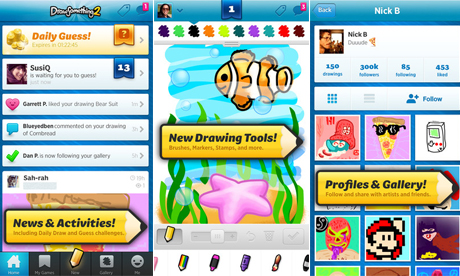
Social Media Login Requirement
The problem with having a social media login is that not everyone is willing to share their activity online. Sure with some apps it’s essential to share activity with your friends online, but others apps are meant for personal use. People are fearful their social profiles will be hijacked by an app gone rogue. Some do have privacy settings, but it can be a pain to set up, which makes the app less user-friendly.
In App Events/Seasonal Features
Seasonal features give an incentive to open an app throughout the year providing something new. When there’s a seasonal update, the app can send a push notification enabling users to check it out. Since most apps downloaded are only used once, this lures them back in to the comfort of all your hard work in a way relevant to your users.
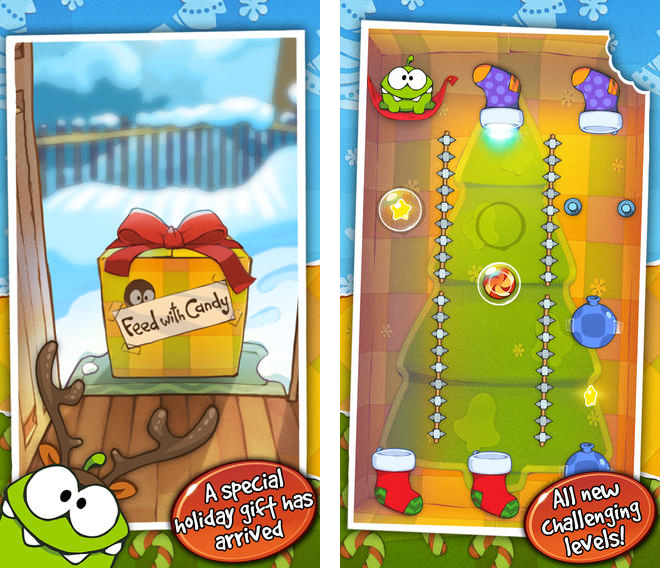
Customized User Benefits
Big brands have taken advantage of developing apps that provide different offers to their customers. When a user takes advantage of this offer, the app now knows what the trigger for this user is. Coupons, discounts, or speedy checkout are popular features among brand apps. Learning what your users love, and pushing with this for business growth, is the future of app marketing.
